“If you know anyone who’s had, is having, or might possibly be contemplating a midlife crisis, this show is just for them!”: Lucy Porter on Wake-Up Call at Edinburgh Fringe 2022
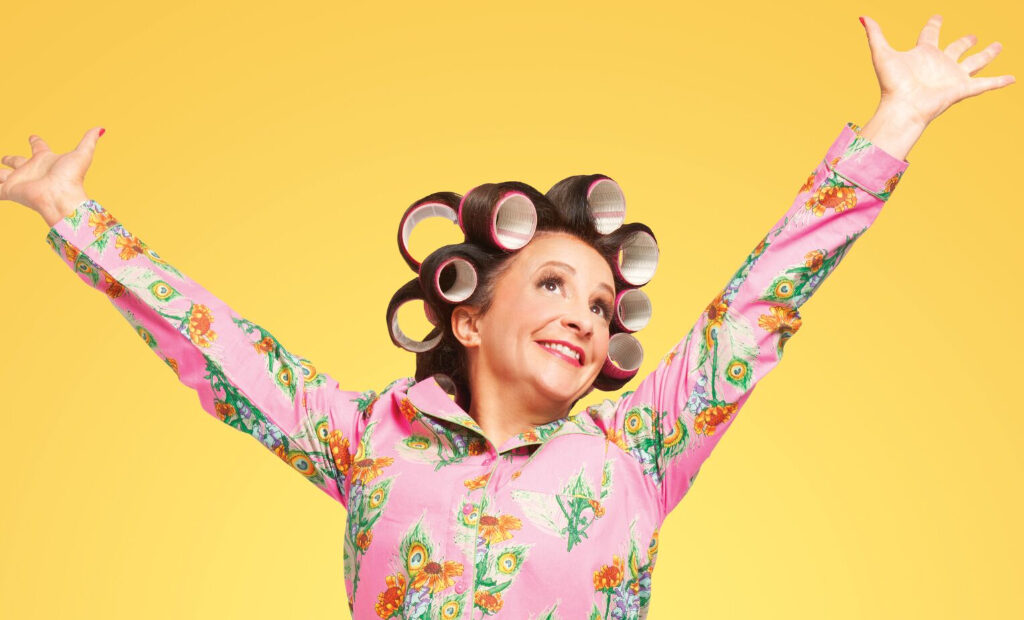
The Edinburgh Fringe Festival is known as a hub of culture, wonder and niches. Home to ex-contestants from talent shows across the board, such as the Got Talent universe, the Fringe has also helped kick-start the careers of well-known Hollywood names, the likes of actress Phoebe Waller-Bridge and comedian Dom Holland. Amongst other things, it’s a time to find hidden treasures, whether it be a one-man show of theatrical marvel, a “herstory” of historical figures that never quite get the spotlight they deserve or stand-up comedy for the lost and wounded.
Lucy Porter is a Fringe veteran. Her shows are played across different venues and festivals. With a CV chock-full of experiences from radio and voice-overs to sporadic acting gigs in soaps such as Eastenders, her goal is to pry open the experiences of middle-aged women who are rarely represented in mainstream media. She wants to express all the nitty-gritty details, the good and bad, in the journey of everyone’s mums, aunties and grannies. Her latest show for the Fringe, Wake-Up Call, is exactly that, exploring the moments of epiphanies in life. The Upcoming caught up with Porter to discuss her early beginnings at the Fringe, what got her into comedy and the small little realisations she has made along the way.
Let’s begin with a brief introduction to yourself and Wake-Up Call.
I’m Lucy, a suburban mother of two who enjoys knitting, word puzzles and pressure-washing my driveway. I’m also a veteran performer at the Edinburgh Fringe; this will be my 13th solo stand-up show I think – I’ve genuinely lost count! I’ve also been on TV shows like QI, Would I Lie to You and Live at the Apollo and radio shows including Just a Minute and The News Quiz. My new show is all about friendship, love, loss, regret and redemption. I’m also trying to find a blueprint for the female midlife crisis with references to the novels of Jean Rhys and the Scottish Enlightenment. I may also be attempting to hula hoop and solve a Rubik’s cube.
Wake-Up Call is said to explore the revelations, realisations and epiphanies that dawn on people during their lives. What was the wake-up call that catalysed Wake-Up Call?
I had a little health scare this year, and I also got diagnosed with ADHD, which cast a new light on many aspects of my personality and events in my past. I’ve always been quite honest about my trials and tribulations – I’m an irrepressible over-sharer – but I think age has given me a useful perspective on things. I used to just talk about my crazy dating life and work mishaps without really thinking why I was such a walking disaster. This show has got its fair share of mortifying moments. There’s a particularly humiliating story about me doing hip-hop dancing in front of my painter and decorator! But now, I have a bit more wisdom about why these things happen.
I know a lot of people realised just how short life is during the pandemic. Did you have any other wake-up calls in the past two years that have changed your life in a big way?
You’re right! We’ve all been united by a sense of loss over the last few years. And we’ve been much more introspective because we’ve all been forced to spend so much time apart from our usual support networks, and been going on long walks by ourselves. At times, I felt like a character in a particularly bleak Thomas Hardy novel, even though I was just walking the streets of suburban London. Thanks to my attempts to homeschool my children, I also realised that I could never be a teacher.
A lot of talent get their mainstream start at the Edinburgh Fringe Festival: Phoebe Waller-Bridge, Dom Holland and Jude Akwudike to name a few. How do you feel about the Fringe in terms of how it can shape people’s careers?
Certainly, when I started coming to the Fringe in the 1990s, it was the place to get noticed by casting agents and producers. I’m not sure it works in quite the same way these days. There are so many ways for people to get noticed on social media, and it’s quite expensive to come to the Fringe, so I do worry that it prices out performers who can’t afford it. I’m not sure I’d have been able to get my start in comedy through the Fringe if I was starting out now. It’s still really useful for comedians who are already established, because performing the same show every night for a month is a brilliant way to really hone the material. The show I start the festival with every year is very different to the one I end up taking on tour – Fringe audiences are very discerning and let you know what’s funny.
You’ve done so many things throughout your career as a comedian – different festivals, TV and radio shows and worked with the BBC multiple times. What keeps you coming back to the Edinburgh Fringe?
I love being in Edinburgh for a month because it’s a beautiful, magical city, and all that walking up and down the hills really keeps my thighs firm. It’s all the exercise I need for a year condensed into one month! I find it really exciting to see all the other comedians, theatre companies, magicians, dancers and street performers. There’s inspiration around every corner!
Do you have any other friends you know of that are performing this year at the festival, and what shows would you recommend for people to go see?
I have done preview shows leading up to the festival this year with Paul McCaffrey, Paul Sinha, Joe Wells and Rachel Fairburn. I’d recommend all of them! Angela Barnes is one of my absolute favourites, so I’d say it’s essential to see her show.
I read you used to sneak out into comedy nights in South West London. Do you have any anecdotes from your nightly escapades that you would say helped you in your growth from a young teenage girl into a woman?
I was really lucky to see some great comedians live when I was quite young: Sean Hughes, Julian Clary, Jo Brand, Reeves and Mortimer. Those shows kindled my passion for comedy. I was also very into indie bands, so I used to go to lots of music gigs at the same time. One of the things I love about the Fringe is that it attracts great musicians and there are some fabulous club nights too. Sometimes when you’ve been in an audience all day, you just want to spend your night dancing.
Have you written any of your uncomfortable or traumatic experiences into your shows and routines before, and, if yes, has doing so been therapeutic for you?
My entire career has been about working through uncomfortable experiences. I’m a natural over-sharer, and I have saved a fortune in therapy over the years by turning Fringe audiences into my confidantes. I guess they enjoy it too because they keep coming back. I do still have some secrets that are too dark to put in the show. But to be honest, if you buy me a glass of wine in the Pleasance Courtyard, I’ll probably spill those too.
As a stand-up comedian, the audience can often be unpredictable. How do you cope with working through different types of audiences – whether they be rambunctious and loud, or flat and awkward – to keep the show afloat?
A great tip that the Irish comedian Ian Coppinger gave me was that if the audience is really loud, you should talk quietly so that they have to lean in to hear you. I’ve used that technique countless times. If the audience is flat and awkward, I actually find that easier to deal with! Because I’m naturally quite exuberant, I try to take them with me. If all else fails, I find that breaking into some Dolly Parton will lift any crowd. Even if it doesn’t, I’ve sung a bit of Dolly and that makes me feel much better.
It’s hard to find mainstream stories that truly detail the middle-aged female experience, because for Hollywood and the like, ageing seems to be a big “no, no” for women. What do you have to say to those women who never have their stories represented in a brutally honest manner as you would, and how much do you think they’ll relate to Wake-Up Call?
My entire raison d’etre these days is making middle-aged women feel better about themselves. It’s nice when you truly feel you’ve found your niche, and my show is for all the mums, aunties and grannies who don’t see themselves represented on TV or in films. The greatest compliment to me is when the young venue staff bring their older relatives to see my show because they know that Auntie Pat will love it. If you know anyone who’s had, is having, or might possibly be contemplating a midlife crisis, this show is just for them!
Mae Trumata
Wake-Up Call is at Pleasance Theatre from 3rd August until 20th August 2022. For further information or to book visit the website here.
For further information about Edinburgh Fringe 2022 visit the festival website here.


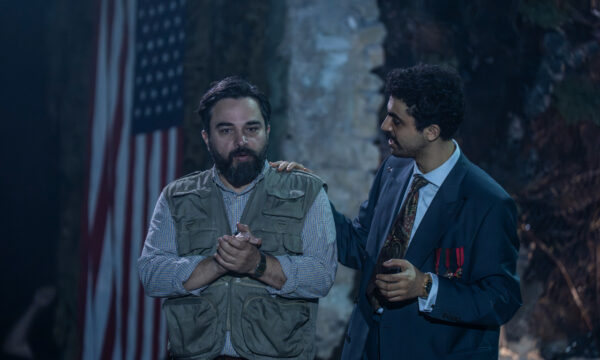
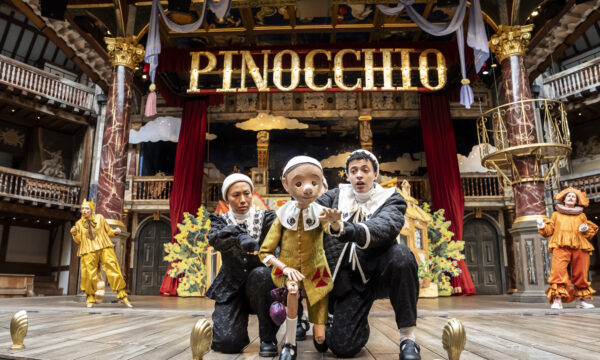
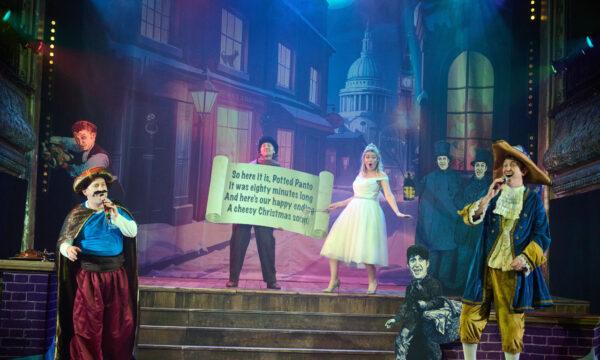

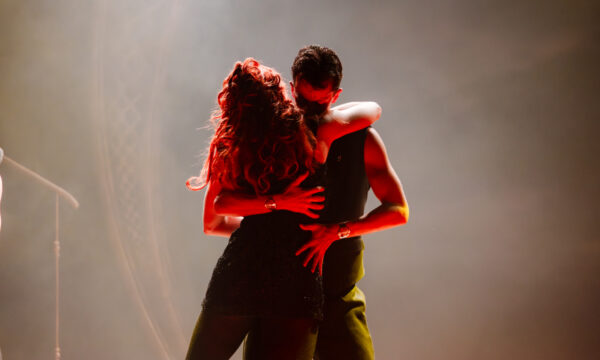
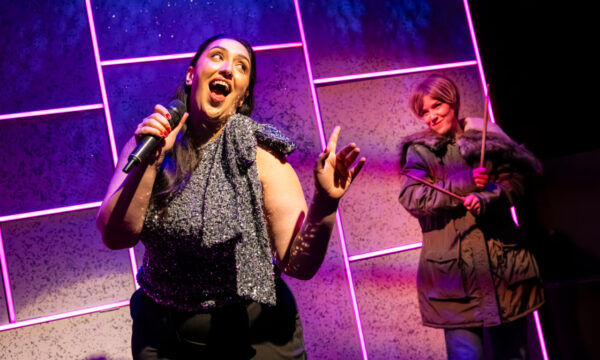
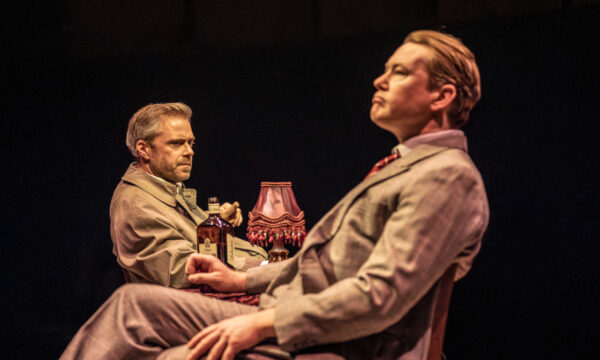
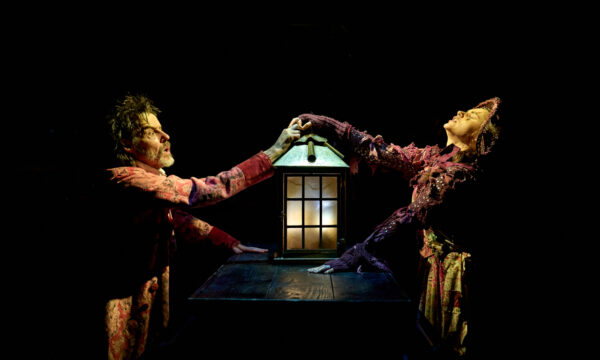
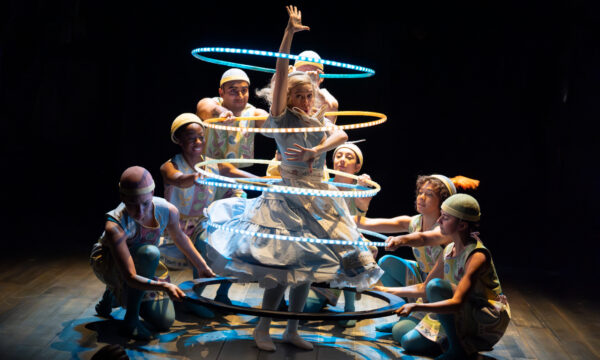















Facebook
Twitter
Instagram
YouTube
RSS